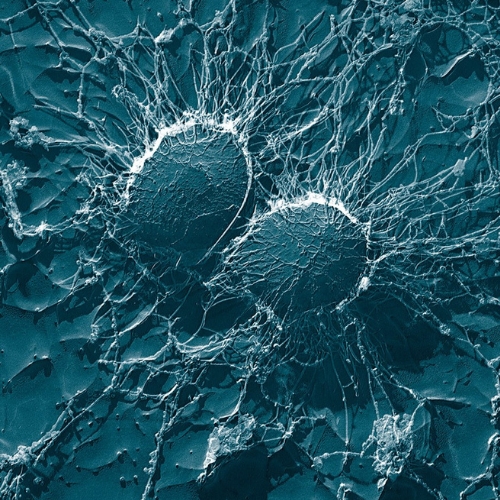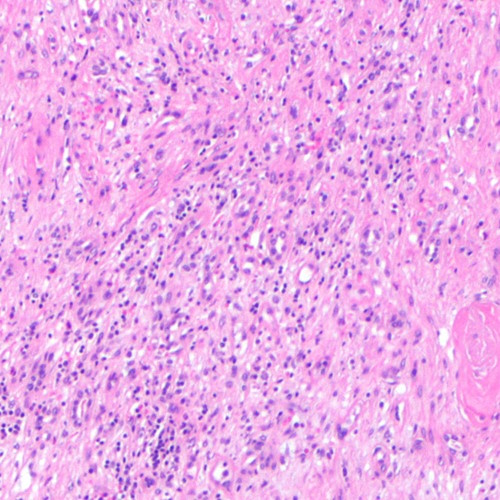Key points from article :
Transplanting faecal microbiota from young into old mice can reverse hallmarks of ageing in the gut, eyes, and brain.
In the reverse experiment, microbes from aged mice induced inflammation in the brain of young recipients.
Age-related chronic inflammation (inflammageing) and retinal degeneration proteins were elevated in young mice.
Population of microbes that we carry in our gut, collectively called the gut microbiota, is linked to health.
Lead researcher Prof Simon Carding said, "[This] offers a potential solution in the form of gut microbe replacement therapy.”
The researchers caution about extrapolating their results directly to humans.
Faecal Microbiota Transplantation is being built in the Quadram Institute that will facilitate such trials.
The researchers hope to understand our diet and gut bacteria to maximise good health in later life.
Research by Quadram Institute and the University of East Anglia published in Journal Microbiome.





